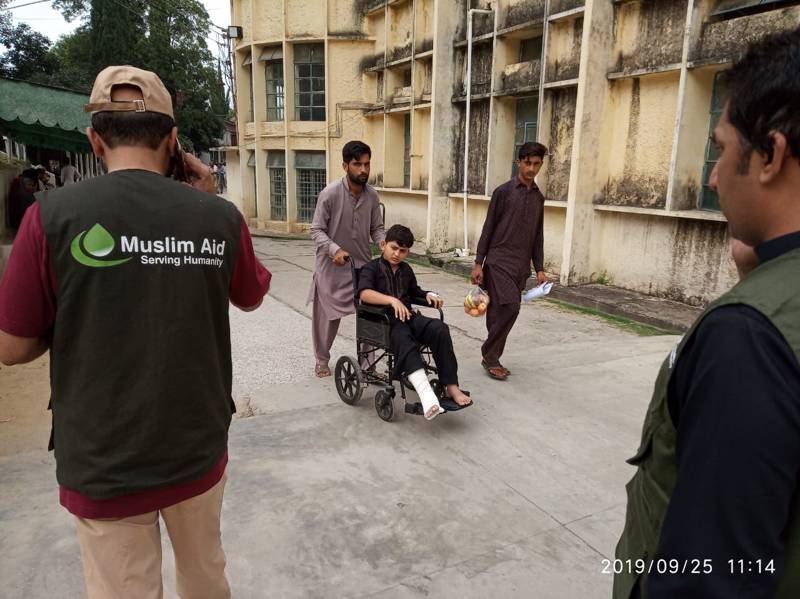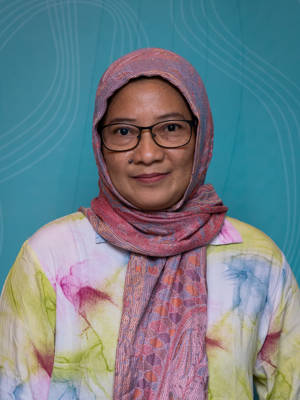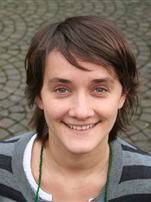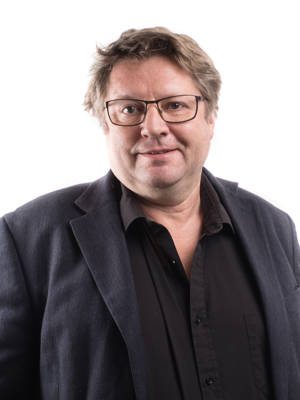Muslim humanitarian actors are increasingly recognized as important contributors in humanitarian and development efforts. In order to take the global partnership for development seriously, it is vital to understand this rapidly changing humanitarian landscape and how the whole range of humanitarian actors are working.
While humanitarian needs are increasing, traditional funding for humanitarian aid is diminishing. This requires new partnerships for development and humanitarian aid, recognized in SDG 17, and endorsed by the Norwegian government’s policy.
The United Nation’s Agenda 2030 – setting the 17 Sustainable Development Goals (SDGs) - calls for new, global partnerships for sustainable development (SDG 17), recognizing the significance of including private and public, secular and religious actors. Actors who have earlier been skeptical of universalist agendas (such as human rights), including Muslim humanitarian actors, have now endorsed Agenda 2030. The SDGs thus appear to have broader acceptance than did earlier global agendas. In order to take the global partnership for development seriously, it is vital to understand this rapidly changing humanitarian landscape and how the whole range of humanitarian actors are working.
Project summary
The HUMA project sets out to understand how Muslim humanitarian actors relate to, interpret and respond to the SDGs, focusing on SDG 4 (education), SDG 5 (gender equality) and SDG 17 (global partnerships). The project will shed light on often unspoken differences in ideas, norms and values that underlie humanitarian operations, policies and practices. Through our focus on ideas, norms and values, HUMA contributes to theorizing norms and normativity in the humanitarian field beyond Western-dominated perspectives.
We do this through a focus on Muslim humanitarian actors’ work in (i) humanitarian relief; (ii) the provision of education and (iii) how gender equality agendas are implemented. The HUMA project will juxtapose perspectives from Muslim humanitarian actors operating on the global institutional level, with those working locally with implementation of humanitarian assistance in the field. HUMA builds on six interconnected case-studies, teasing out normativity and ideas in the humanitarian field. Examining perspectives from above, we focus on (i) intergovernmental Islamic organizations, (ii) international Muslim NGOs, and (iii) organized Muslim philanthropic initiatives
From below, we focus on three field-based case studies of Muslim humanitarian actors in (iv) Indonesia, (v) Nigeria and (vi) Pakistan
Perspectives from above and below will be analysed adopting a cross-country and cross-level comparative approach. The data collected and analysed totals 60-90 key informant interviews, 120-150 semi-structured interviews with Muslim humanitarian actors, as well as relevant documents and web-based sources from studied actors.
HUMA will produce new knowledge about little-studied humanitarian actors who are increasingly becoming part of the mainstream humanitarian field. Responding to pressing needs in the humanitarian field, HUMA furthers the emerging research agenda on new humanitarian actors and stimulates North-South and South-South co-creation of knowledge.
Project leader
Kaja Borchgrevink
Project members
- Marta Bivand Erdal (PRIO)
- Gina Lende (MF - Norwegian School of Theology, Religion and Society)
- Arne Strand (CMI)
- Amelia Fauzia (Social Trust Fund/UiN, Indonesia)
- Mustapha Hashim Kurfi (Bayero University, Kano, Nigeria)
- Abdul Rauf (University of Peshawar)
Funding
This project is funded by the Research Council of Norway, under the NORGLOBAL programme.

.jpg?x=300&y=400&m=Cover&)








